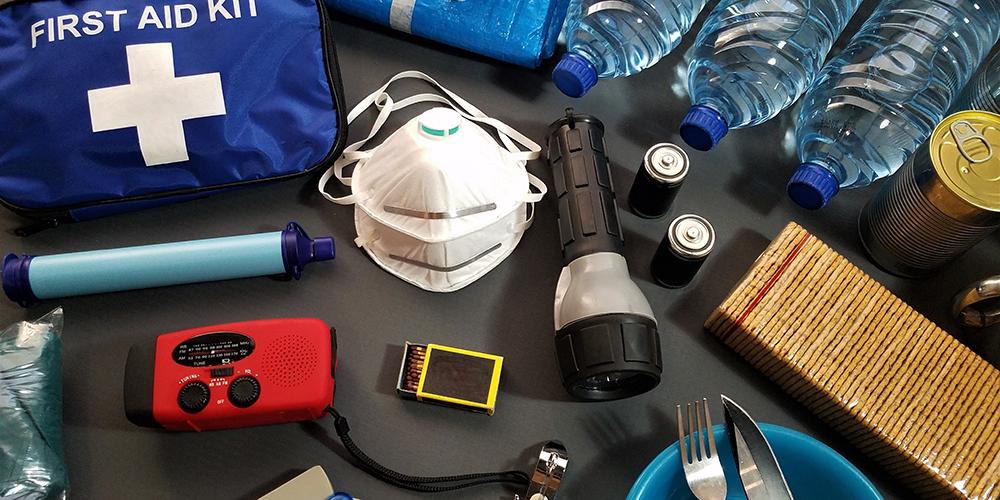As the security situation in Europe is changing and the threat of war with Russia is looming, the National Crisis Centre is advising the population to prepare an "emergency kit" at home in case of a crisis in Belgium.
NATO chief Mark Rutte gave a speech last Thursday, in which he urged Europe to adopt "a wartime mindset" as "we are not ready" for what is coming in the next four to five years. Following the speech, interest in the Crisis Centre's recommendations for an at-home "emergency kit" has spiked.
"The population should always be resilient and prepared for a crisis or war," a spokesperson for the Crisis Centre told The Brussels Times. "Having an emergency kit at home would make it easier for people to respond to a crisis quickly."
The changing geopolitical climate has sparked a growing interest in how to prepare properly among the population. "This is good. But even without a threat, it is always better to have an emergency kit at home," she stressed.
By putting together an emergency kit, households will be better prepared to evacuate quickly or overcome several hours without power in case of an electricity blackout, for example.
What should be in an emergency kit?
- Basic first-aid package (bandages, plasters, compresses, scissors, tweezers, safety pins, painkillers, disinfectants), including an extra supply of any essential medicines;
- Bottles of water;
- A mobile phone charger or power bank;
- Important documents (copies of identity documents and insurance contracts);
- A torch, preferably wind-up with a handle. If you prefer a battery-operated torch, make sure you also have spare batteries;
- A battery-powered radio. This will allow you to listen to the media even during a power cut;
- A lighter or matches;
- A multifunctional pocket knife;
- An evacuation checklist: a list of personal items, e.g. toiletry bag, identity card.
The Crisis Centre stressed that people should put "whatever they need" in their emergency kit, but added that this is not the same for everyone. "Families with small children could put toys in there, for example. Or people with elderly neighbours can consider that too."
The kit should be stored in an accessible place in the home. All family members should know where it is. "Regularly check the contents of your kit and replace used or expired items," the Crisis Centre stated.
Sweden recently distributed a comprehensive 32-page booklet to its population on how to prepare for war, but the Crisis Centre pointed out that the situation in Belgium is completely different.
"We are a different country from Sweden: the population composition is completely different here, so we cannot just copy their approach," they added. "The risks there are also completely different. Over there, if you have to go to the shop for a tin of canned food, you might spend several hours on the road. Here, we have shops within walking distance."

